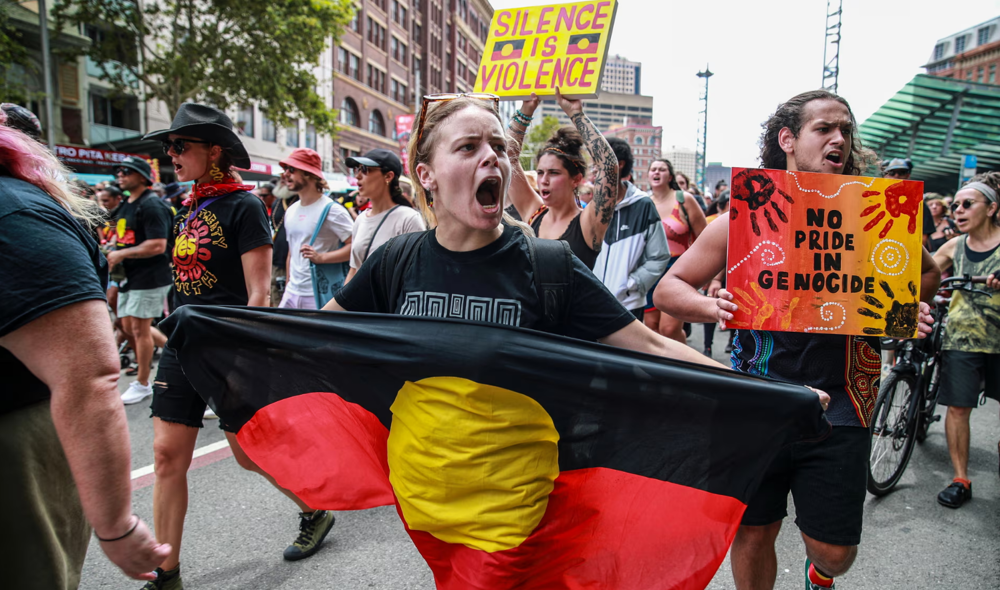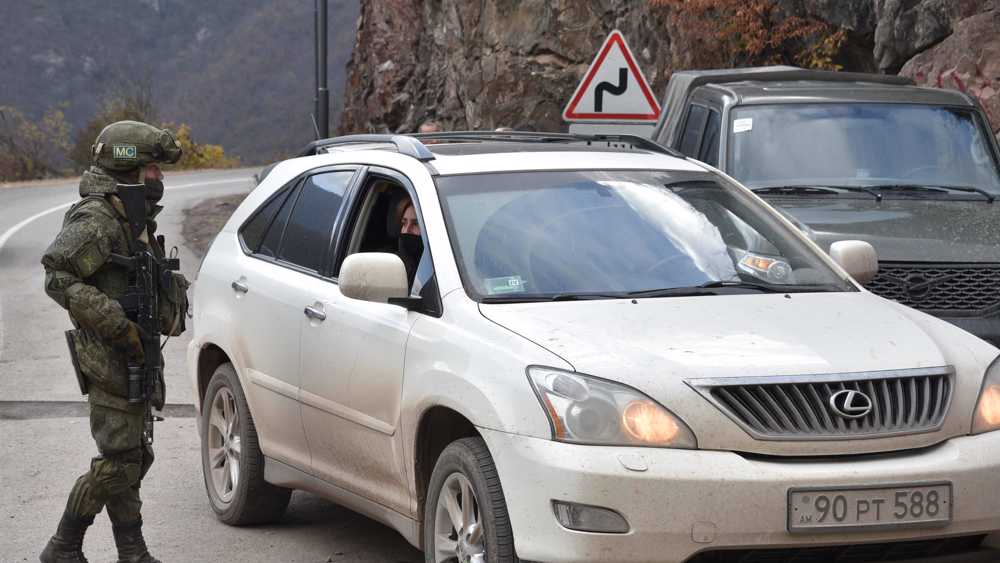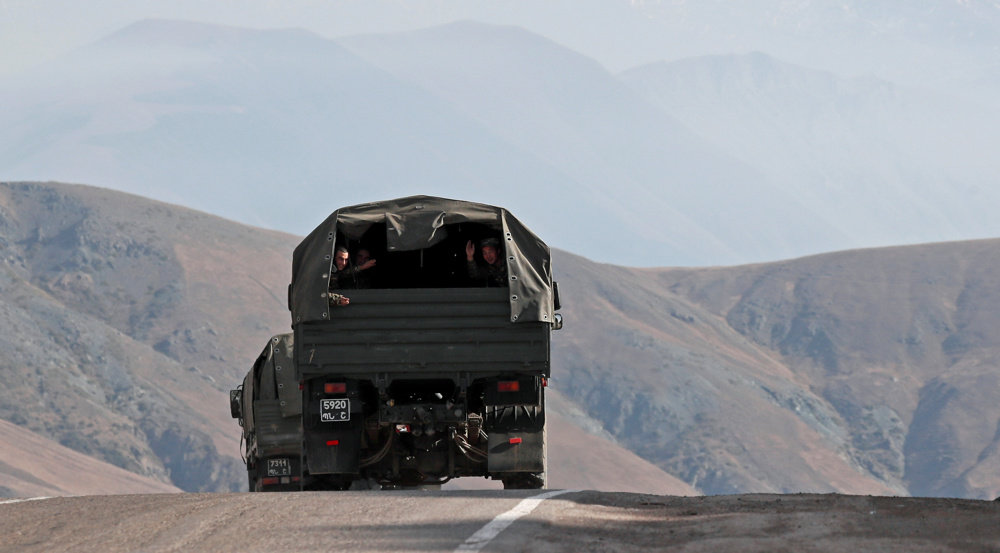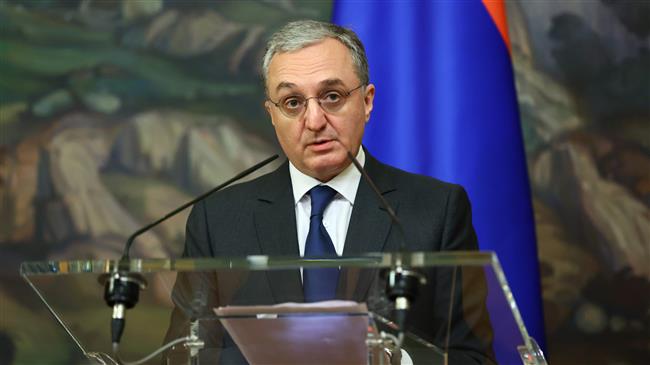Protest held in Armenia to call for resignation of PM Pashinyan
Armenians have taken to the streets in the capital, Yerevan, to call on Prime Minister Nikol Pashinyan to resign over a controversial ceasefire deal with Azerbaijan in the disputed Nagorno-Karabakh region.
Hundreds of Armenians chanted “Nikol, traitor!” and “Armenia without Nikol” in the streets of Yerevan on Tuesday after Pashinyan ignored a December 7 deadline set by the opposition for him to quit.
Police detained dozens of demonstrators as the protest turned violent and some protesters tried to block the streets.
Last week, 17 opposition parties announced in a statement that Pashinyan had until Monday to resign and proposed that former prime minister Vazgen Manukyan take over his duties.
Ishkhan Saghatelyan, an opposition politician for the Armenian Revolutionary Federation party, announced earlier on Tuesday the start of what he called coordinated civil disobedience in a televised address after the deadline passed.
“Nikol, you will go anyway. Leave peacefully,” he said. “From now until 17:00, Armenia’s citizens are justified in using their right to peaceful actions of disobedience to express their demand and to make it heard.”
The Armenian opposition said it planned to block streets across the country and to paralyze the national transport network if need be.
The influential head of Armenia’s Apostolic Church, Catholicos Garegin, has demanded that Pashinyan resign “to avoid tragic developments,” and also raised the alarm about “mounting tensions in society.”
A potential dismissal of Pashinyan requires a vote of parliament in a chamber that has been overwhelmingly controlled by the prime minister’s party since he swept to power in 2018.
Pashinyan’s administration has been under fire since it signed a ceasefire agreement with Azerbaijan over the disputed region of Nagorno-Karabakh on November 6. The deal secured Azeri territorial advances following six weeks of intense fighting, which left at least 2,400 people dead and displaced tens of thousands.
Under the agreement, Yerevan ceded to Baku parts of the disputed enclave and seven adjacent districts of Azerbaijan controlled by Armenian separatists since the 1990s.
The decision sparked fury in Armenia, where demonstrators stormed and ransacked government buildings and briefly took control of Pashinyan’s residence while he went into hiding.
Pashinyan said he had no choice but to sign the agreement to prevent what he called “total collapse.”
Armenia’s National Security Service (NSS) announced last month that it had foiled an attempt by former officials to assassinate Pashinyan and to seize power following the contentious ceasefire deal.
Nagorno-Karabakh is internationally recognized as part of Azerbaijan but has been populated by ethnic Armenians.

US, Japan, S Korea renew calls for ‘complete denuclearisation’ of North Korea

Indigenous rights activists rally on Australia Day to protest British colonization legacy

Colonialist’s monument toppled in Melbourne ahead of Australia Day
Australian senator smeared by anti-Iran groups for saying Iranian women 'have a voice'
Hezbollah's display of power proved resistance cannot be eliminated: Iran parl. speaker
Israel escalates West Bank raids as official says regime seeking to complete Gaza genocide
Palestinian man dies in Israeli prison as Foreign Ministry urges intl. probe into regime’s crimes
Putin says not opposed to Europeans’ involvement in Ukraine talks
VIDEO | Iranian Kurdish protesters demand European action against PKK, PJAK terror
VIDEO | Israel expands offensive in northern West Bank, deploys tanks to Jenin
VIDEO | Spaniards fill streets of Cádiz in solidarity with Palestine











 This makes it easy to access the Press TV website
This makes it easy to access the Press TV website